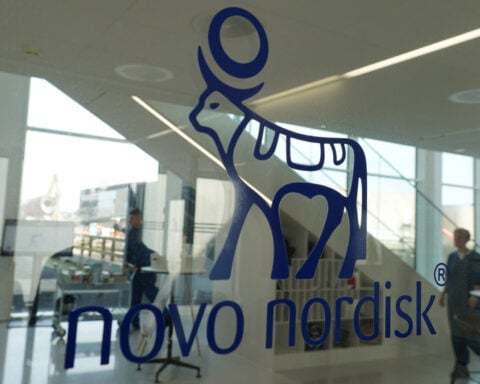The question of eggs for heart health, which has puzzled medical experts and consumers may finally have an answer. Despite years of warnings, one cardiovascular surgeon suggests eggs deserve a place in a heart-healthy diet in a social media message to his million+ followers.
Dr. Jeremy London, addressing more than one million social media followers and Fox News Digital, explained that eggs were unfairly criticized in past decades, particularly by the American Heart Association (AHA).
"Eggs took a really bad rap," London told Fox News Digital. "That whole narrative really softened" in 2015 because the data "didn't bear itself out."
London points to a fundamental shift in understanding how dietary cholesterol affects heart health. "Dietary cholesterol really doesn't impact our overall cholesterol as much as we think it does," he said.
The AHA has updated its position on eggs and heart health. In the new recommendations, healthy adults with normal cholesterol levels can consume one egg daily, while older adults with normal cholesterol levels can consume two eggs daily.
The nutritional benefits of eggs extend beyond protein content, according to London. "A regular egg has about five to six grams of protein," he said, adding that eggs are also "packed with minerals" and "micronutrients" including vitamin D, vitamin B12, selenium and choline.
London describes eggs as a "God-made product" and emphasizes their role as "an excellent source of protein." He notes that eggs have proven far from the health risk they were portrayed as "in the '70s and '80s."
When considering eggs for heart health, the type of eggs may matter. London believes there are potential benefits to consuming eggs from free-range chickens. "Just like 'we are what we eat,' everything we put in our mouths then is the building blocks for ourselves," he said. "The same is true for the chickens."
Often avoided by health-conscious consumers, the egg yolk actually contains significant nutritional value. "The majority of the dietary benefit actually comes from the yolk," London said. He combines whole eggs with additional egg whites to increase protein content while maintaining the benefits of the yolk.
However, London stresses the importance of considering individual dietary needs. "It's challenging to study a single food," he said, emphasizing that it's "really critical to understand the entire diet" of an individual.
London concludes that consuming eggs remains a personal choice, advising his followers to "Listen to your body, follow your biomarkers, and create a nutritional plan that is absolutely right for you."
Also Read:

 Trump has begun another trade war. Here's a timeline of how we got here
Trump has begun another trade war. Here's a timeline of how we got here
 Canada's leader laments lost friendship with US in town that sheltered stranded Americans after 9/11
Canada's leader laments lost friendship with US in town that sheltered stranded Americans after 9/11
 Chinese EV giant BYD's fourth-quarter profit leaps 73%
Chinese EV giant BYD's fourth-quarter profit leaps 73%
 You're an American in another land? Prepare to talk about the why and how of Trump 2.0
You're an American in another land? Prepare to talk about the why and how of Trump 2.0
 Chalk talk: Star power, top teams and No. 5 seeds headline the women's March Madness Sweet 16
Chalk talk: Star power, top teams and No. 5 seeds headline the women's March Madness Sweet 16
 Purdue returns to Sweet 16 with 76-62 win over McNeese in March Madness
Purdue returns to Sweet 16 with 76-62 win over McNeese in March Madness








